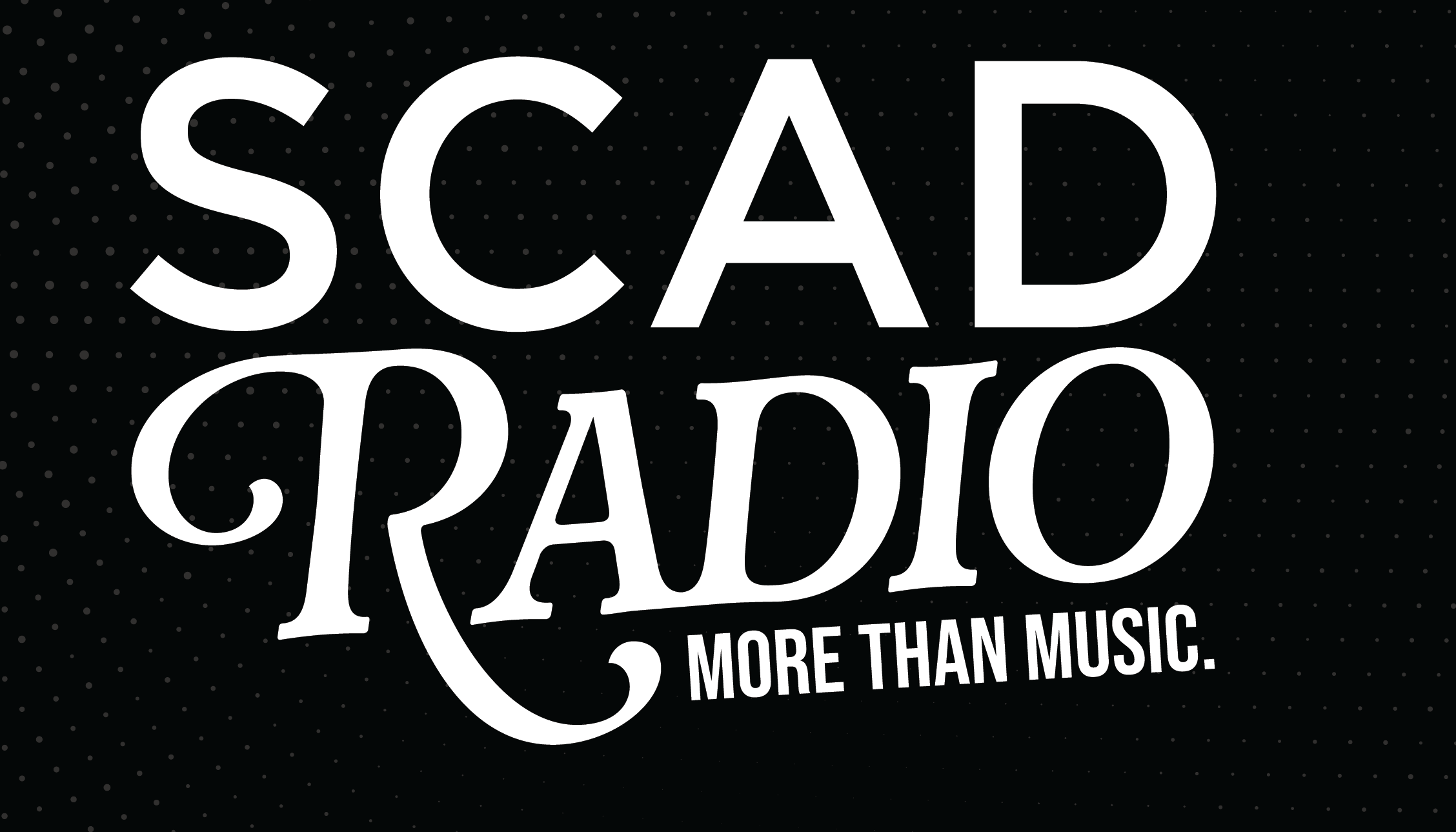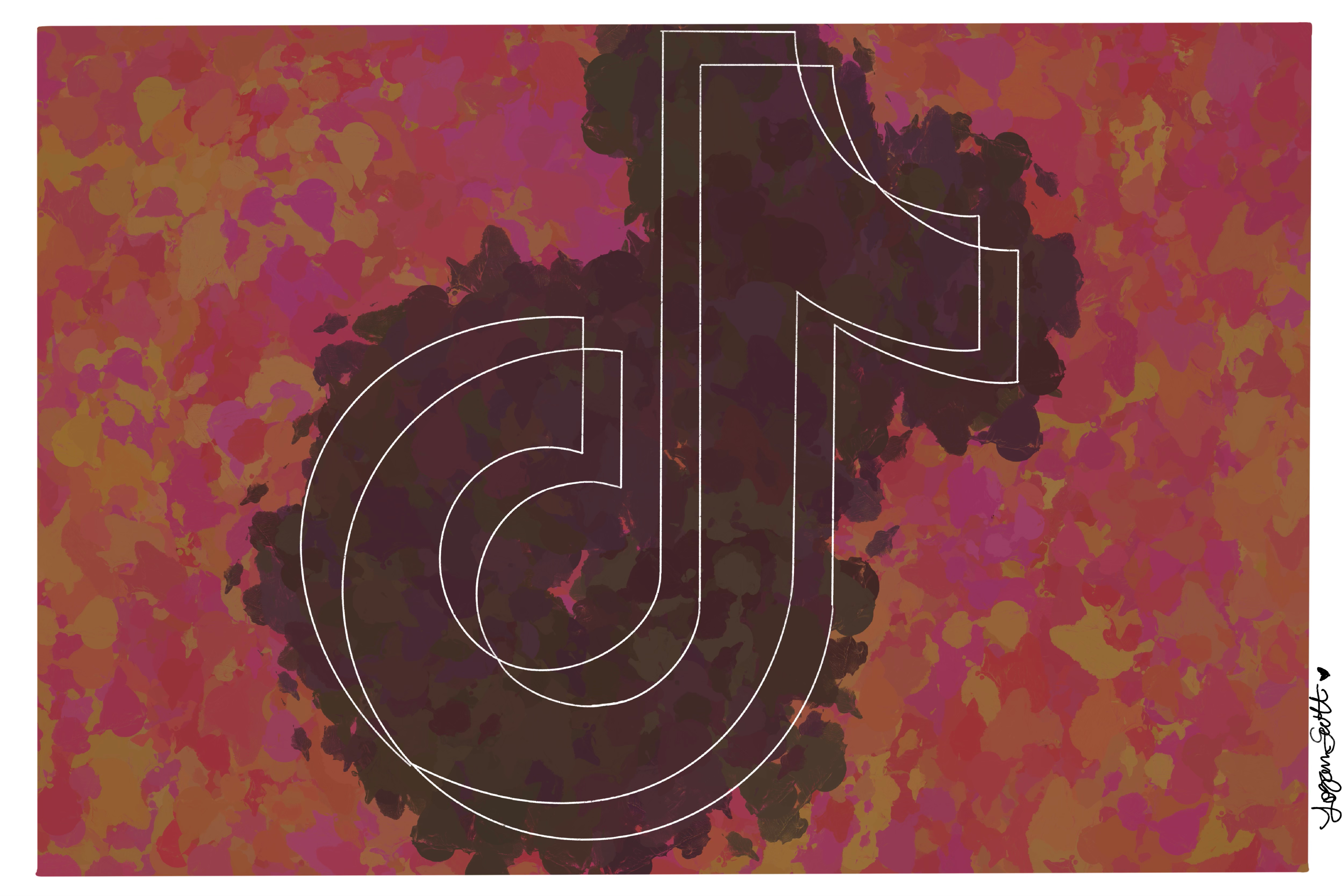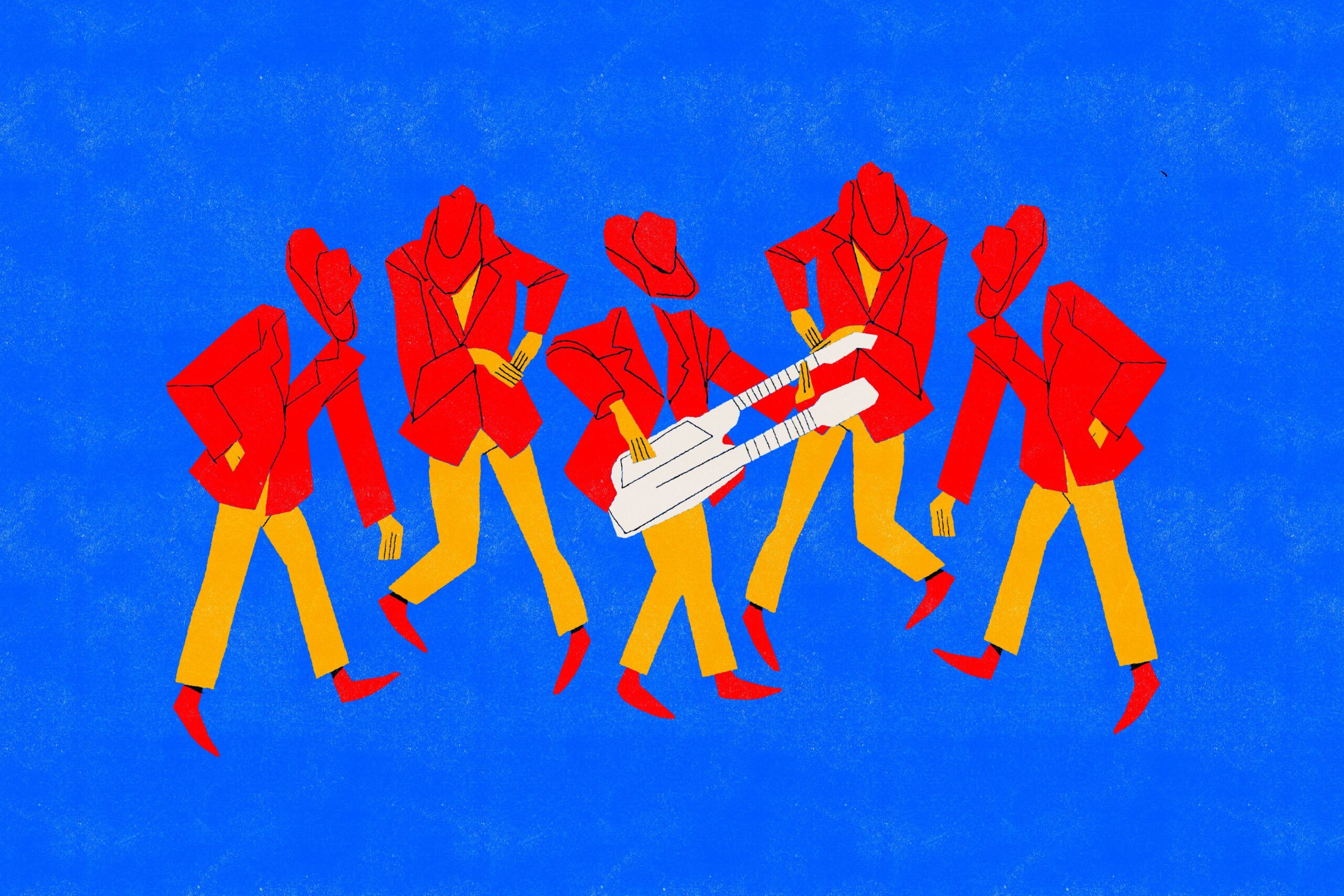As a generation immersed in technology, we are no strangers to the influence of social media on the music industry. TikTok exploded as a platform in recent years after its invention in 2016 and is currently one of the most popular apps among youth with 62% of its users being between the ages of 10 and 29. That being said, a lot of young people are turning toward the possibility of becoming an influencer as a career opportunity. Whether you are in favor of influencers exploring their creativity or are skeptical of their talent, there is no doubt that TikTok is breaking through into the industry.
While the algorithm is catered to the individual, I will be speaking on behalf of the content that I recognize as popular and my own opinions of the matter at hand. When fame is fostered by lipsyncing, viral dances, or simply being attractive to the public eye, some users undergo the change of turning their social media platform into an advertisement for their personal endeavors. We have seen this with popular TikTokers such as Bella Poarch, Dixie D’Amelio, and Addison Rae. However, a common theme in the music they produce is the lack of personality and intimacy that people who organically enter the music industry tend to receive praise for.
Once obtaining a large following, some influencers find it difficult to break out from their social media pages. Though, it is proven that they are fully capable of doing so if their fanbases are invested in the marketing of their music. For example, Bella Poarch used her millions of followers to tease her song “Build A Bitch” which included a specific snippet that checked the boxes of a viral sound. She was well aware of her audience being primarily accumulated on TikTok and used this to her advantage as she released
a song with the intention of it being ideal for transition videos and lipsyncing.
Thus, the music industry is rattled with an entirely new sub-genre of pop that is comprised of TikTokers and their attempts at making a profit beyond the confines of the app. By no means is there shame in indulging in these viral sounds, however, it must be acknowledged that these individuals have a new form of privilege that others trying to break into the industry may not have. They have the money and access to professional songwriters, composers, and producers that the average person could not reach. Their careers are built upon the following they have accumulated and the trends that often emerge from average individuals that rarely receive credit.
The factors of popularity, privilege, and production quality are often the sources of criticism for influencers turned musicians. Controversy springs up every few months as more try their hand at this transition from one platform to another. The industry is undertaking a new form of music that has never been approached before, and we are actively living through its trials and tribulations. The problems arise when criticism turns to harassment and when credit is given to those that are undeserving of their following. It is important to recognize the impact of social media, the person you are actually supporting, and the audience that you want to be a part of.





